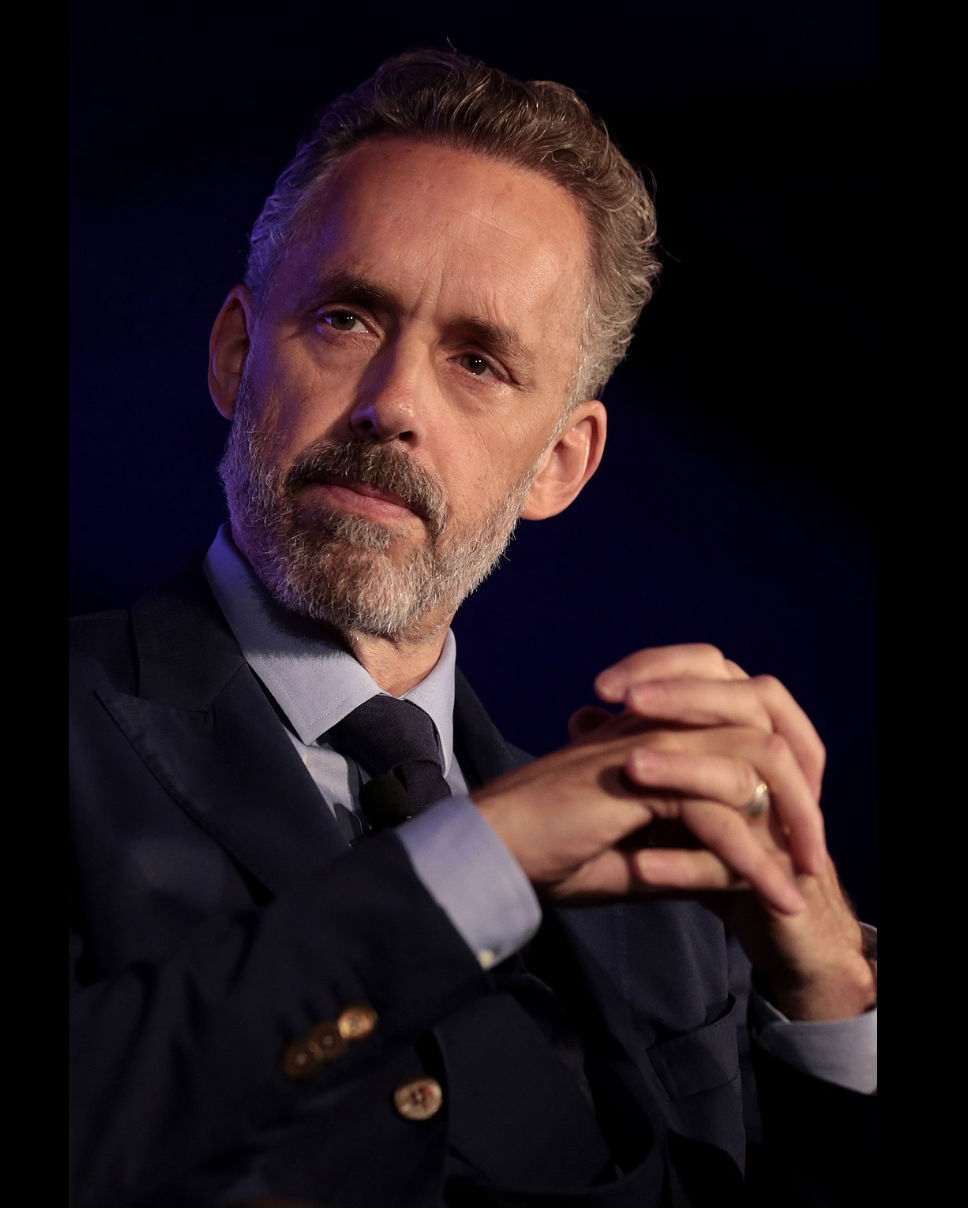(EXCERPT) This is why I said earlier that these are pages born “from the thought and the affection” of Cardinal Scola: not only from thought, but also from the emotional dimension, which is the one to which Christian faith points, since Christianity is not so much an intellectual act or a moral choice, but rather the affection for a person — that Christ who came to meet us and decided to call us friends.
Read MoreUnder normal conditions, a pope releasing a highly personal memoir about his life would create quite a few headlines. However, that doesn’t seem to be the case with “Life: My Story Through History,” the new autobiography from Pope Francis, co-written with Carlo Musso, founder of the Italian publishing company Libreria Pienogiorno. That’s strange, since this is being hailed as the first memoir from a sitting pope.
Read MoreThe book, six years in the making, vividly recreates Pope Francis’ childhood in Buenos Aires and offers few new insights into his papacy. The book is enhanced by remarkable photographs, including private and unpublished material made personally available by Francis himself. He tackles a series of topics, including the future of the church, social policy, migration and the environmental crisis.
Read More(REVIEW) “We Who Wrestle with God” is a solid compilation of Peterson’s views on the continuity between biblical testimony and the human condition. If he’d been more disciplined with his prose, the good in his work would have been more readable. And if he’d taken more seriously wrestling with the text itself, there would have been a lot more good to read.
Read More(REVIEW) Is subjugation and oppression central to the life of a Muslim woman? What roles do Islamophobia and white supremacy have in this misogyny? And where do the biggest threats to Muslim women’s freedom and safety really come from? These are some of the many pertinent questions that Samia Rahman answers in her new book, “Muslim Women and Misogyny: Myths and Misunderstandings.”
Read More(EXCERPT) Scholars have noted the similarities between the secular turn in our modern world and the ancient pagan one. In his new book, “Cultural Sanctification: Engaging the World life the Early Church,” Stephen Presley considers how the early church engaged a pagan world and what we can learn from them. Here is an excerpt from the book.
Read More(REVIEW) Carrie Sheffield is an accomplished Harvard-trained journalist and political commentator, but even though she’s written elsewhere about being raised by an abusive self-proclaimed Mormon prophet, I doubt that most of her fans and followers are aware of just how brutal her story really is. This remarkable memoir illuminates some of our most pressing social challenges with forthrightness, grace, and hope that can be missing in other memoirs often fueled by resentment and anger.
Read More(EXCERPT) My purpose in writing “Motorhome Prophecies” is to help bring others out of isolation. To let them know that "death and life are in the power of the tongue” (Proverbs 18:21). My father prophesied my death if I left his cult. I internalized those curses, and as a result, suffered many close scrapes with the demons of mental illness. But to quote author Linda Schubert, “While my failures were ‘legendary,’ the love of God was even more legendary.”
Read More(ANALYSIS) The American novelist and essayist Marilynne Robinson has accumulated numerous literary prizes, among them the 2005 Pulitzer, but also honors in religion. Her new non-fiction book “Reading Genesis” wrestles with the grand themes and thorny issues raised in the Bible’s first book. It’s a climactic testament at the twilight of a distinguished life and career.
Read More(EXCERPT) Whenever we pivot in life, freedom from fear requires either a colossal ego or a colossal God. Ego leads us to grab what is not ours. The path to contentment starts with faith in God. In this sequel to “Lament for a Father,” Marvin Olasky first describes his journey from Judaism to atheism to Marxism to Christ and then his adventures in evangelical, conservative, compassionate, and journalistic circles.
Read More(REVIEW) The novel, released Dec. 6, serves as a coda to the stories of siblings Bobby and Alicia Western, though it takes place before sister novel “The Passenger” began. The book is an ambitious dialogue-only novel that contains a tragic but fascinating heroine and deeply explores math, philosophy, physics and more.
Read More(REVIEW) Tallu Schuyler Quinn, founder of the Nashville Food Project, died at 42 after a battle with glioblastoma, an aggressive brain cancer. Her posthumous memoir, “What We Wish Were True: Reflections on Nurturing Life and Facing Death,” details her life and faith in intimate detail.
Read MoreAfter the Trump presidency, many leaders have called Americans to put aside their differences and unite around their shared humanity. However, some people have pushed back against these admonitions saying that unifying with their perceived enemy would require them to ignore patterns of oppression. Melissa Florer-Bixler, the lead pastor of Raleigh Mennonite Church in Raleigh, North Carolina, addresses these concerns in her new book.
Read More(EXCERPT) “Faith-Based Fraud,” by Warren Cole Smith, is a new book on financial and other scandals in the church. Almost a chapter centers around Bernard Madoff, who confessed to one of the largest Ponzi schemes in history.
Read More(REVIEW) Norman Lebrecht’s Genius & Anxiety: How Jews Changed the World, 1847-1947 paints a complex portrait of Jewish figures and their relationships to each other. He points out that their brilliance and influence was the result of their collective anxiety.
Read More














